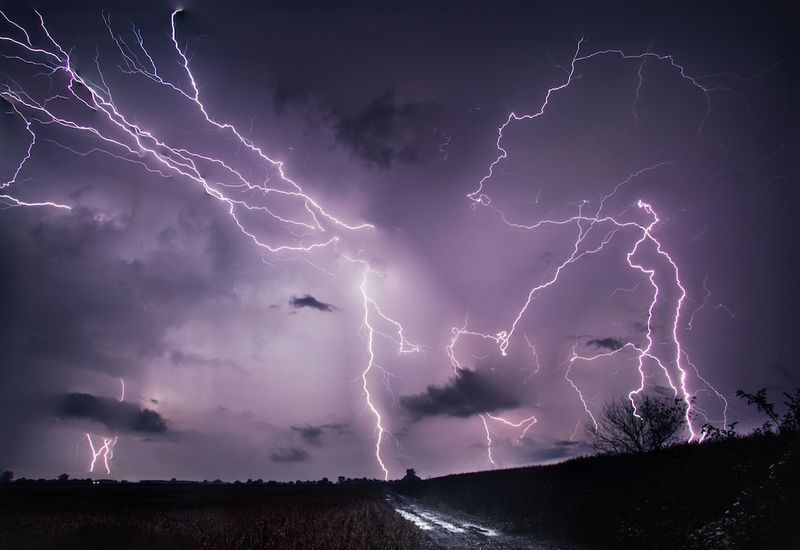ASU Football: ASU and Southern Utah in weather delay
A Sudden and Impactful Storm Delays ASU Season Opener
By | September 1, 2023
Image: The ASU football team seeking shelter during the weather delay
TEMPE, Ariz. – A highly anticipated showdown between Arizona State University (ASU) and Southern Utah University (SUU) faced an unexpected interruption on Friday night. A sudden and heavy monsoon swept through Mountain America Stadium, forcing players and fans to evacuate the field and seek cover before the second half could resume. The impact of this storm on the ASU football season opener has raised questions and highlighted the importance of weather preparedness in the face of unexpected events.
A Dramatic Turn of Events
At halftime, with ASU leading SUU 14-7, a wall of wind and thick dust engulfed Mountain America Stadium, significantly reducing visibility and air quality. Sheets of sideways rain, copious amounts of lightning, and gusts of wind ensued, making it impossible to continue the game. Players were ushered back into the locker room, and fans sought shelter minutes before the second half could resume.
Although there were concerns that the storm would impact the remainder of the game, the weather conditions steadily improved. The game is now set to resume at 10 p.m., pending confirmation of favorable weather conditions.
Weather Delays in Sports: A Challenge to Overcome
Sports have long been entangled with the forces of nature, and weather delays have always been a possibility. From rainouts in baseball to lightning delays in soccer, various sporting events have faced interruptions due to adverse weather conditions. However, the impact of these delays goes beyond the athletes and fans.
Weather events like the sudden monsoon that affected the ASU season opener not only disrupt the gameplay or viewing experience but also pose significant logistical challenges. Stadium staff, broadcasters, media personnel, and game officials all must endure the delay and adapt their plans accordingly. These challenges highlight the need for comprehensive weather preparedness protocols in sports organizations.
Weather Preparedness and Sports Organizations
To ensure the safety of all involved and minimize the disruption caused by weather delays, sports organizations must prioritize weather preparedness. This includes having contingency plans in place for various weather scenarios and leveraging modern meteorological technologies to track and predict severe weather events precisely.
Engaging with local meteorological services is paramount in staying informed about potential weather hazards. Real-time updates, reliable communication systems, and clear protocols for game delays and evacuations can safeguard the well-being of players, officials, and spectators. Additionally, stadiums should invest in adequate shelter facilities and emergency management expertise to efficiently manage weather disruptions.
While weather conditions are unpredictable, sports organizations must be proactive in their approach to ensure the safety and enjoyment of everyone involved while minimizing the financial and logistical impact of game delays.
Looking Ahead: Learning from the ASU Incident
The weather delay incident during the ASU season opener serves as a reminder to all sports organizations of the importance of weather preparedness. By reflecting on this event and considering the measures that could have been taken, future incidents can be managed more effectively.
Furthermore, this event raises philosophical questions about the broader relationship between sports and nature. While sports offer an escape and a source of excitement for millions, they are not immune to the forces of nature. This incident calls for a deeper discussion about the vulnerability that sports organizations face and how they can harmonize their events with the unpredictability of weather events.
In conclusion, the weather delay during the ASU season opener is a powerful reminder of the need for weather preparedness in sports organizations. It highlights the importance of prioritizing safety, minimizing disruption, and embracing the unpredictable nature of weather events. By adopting comprehensive weather preparedness protocols, sports organizations can proactively manage these challenges and ensure the longevity and resilience of their events.

<< photo by NOAA >>
The image is for illustrative purposes only and does not depict the actual situation.




